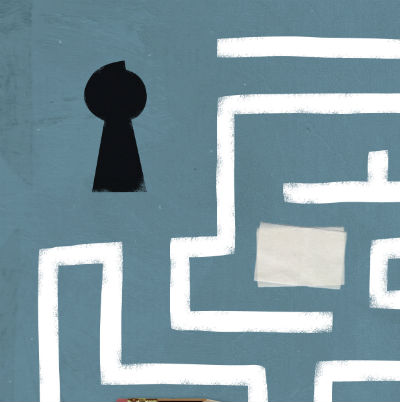Submitted by basma on
This report is part of CRIN's access to justice for children project, looking at the status of the Convention on the Rights of the Child (CRC) in national law, the status of children involved in legal proceedings, the legal means to challenge violations of children’s rights and the practical considerations involved in challenging violations.
Although the Philippines ratified the Convention on the Rights of the Child (CRC) in 1990, it has not incorporated it into its national law. Some rights and principles have been implemented through national legislation. A child may bring a claim to challenge a violation of his or her rights with the assistance of a parent, legal guardian, or “guardian ad litem” appointed by the court for the duration of the case. Children are entitled to legal aid if they meet the minimum standards determined by the Philippines Public Attorney’s Office. The Court has recognised the standing of organisations and associations to file a case as a “real party-in-interest” regarding violations of children’s rights. Any party aggrieved or adversely affected by an agency decision may seek judicial review, therefore bringing legal proceeding requires the identification of a specific victim. However, the court may decide to hold hearings in private to protect the interests of the child.

